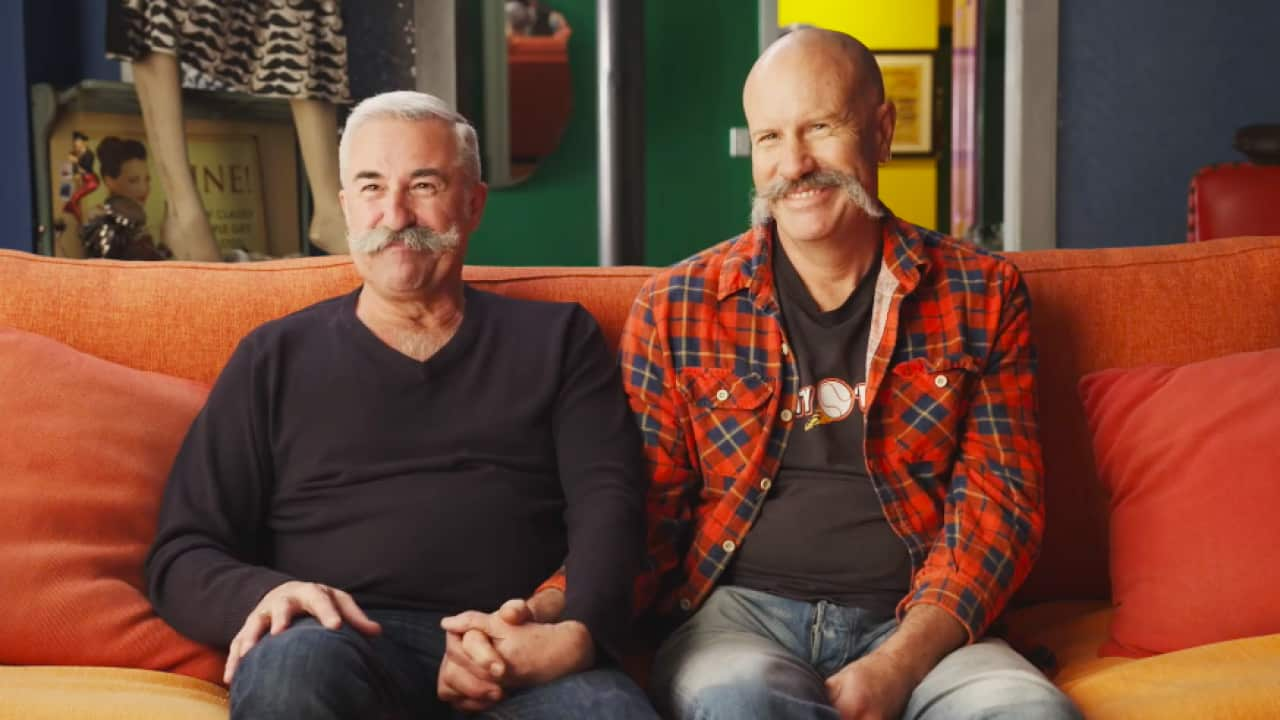Leading LGBT+ health organisation ACON is putting the spotlight on positive LGBT+ relationships in an effort to tackle domestic violence in the community.
One in three LGBT+ people violence from a partner, ex-partner or family member, the same rate as the general population in Australia.
ACON CEO Nicolas Parkhill says that as well as providing support for LGBT+ people experiencing domestic violence, it’s crucial to showcase “the diversity of healthy relationships within LGBTIQ communities”.
The organisation has produced Our Relationships—a series of eight videos that feature loving LGBT+ couples sharing their unique stories about how they met and the challenges they’ve faced along the way.
We hope that the role models in Our Relationships can help people whose relationships may have problematic elements.
Bill and Andrew, the first couple featured in the series, have been together for 27 years after meeting at a dance on the Central Coast in the 90s.
“I tapped him on the shoulder and asked him for a dance,” Andrew says, smiling at the memory.
“And, as they say, the rest is history,” adds Bill.
The Newcastle couple have raised children and grandchildren together, navigating the challenges of same-sex parenting in the face of institutionalised discrimination.
Bill and Andrew launched a successful court case against NIB after the company refused to recognise them as a family and provide them with health insurance.
The couple are the kind of LGBT+ role models that ACON wants to promote to help “foster discussion around issues that are unique to our communities,” says Parkhill.
“We hope that the role models in Our Relationships can help people whose relationships may have problematic elements," he says.
"They can be a critical factor in reducing risk and increasing protective factors for those around them.
“Having accessible role models who are affirming of LGBTIQ relationships will show our communities, as well as broader society, positive perceptions and behaviours that support them in understanding their own relationships and drive them to create healthier practices of their own.”




